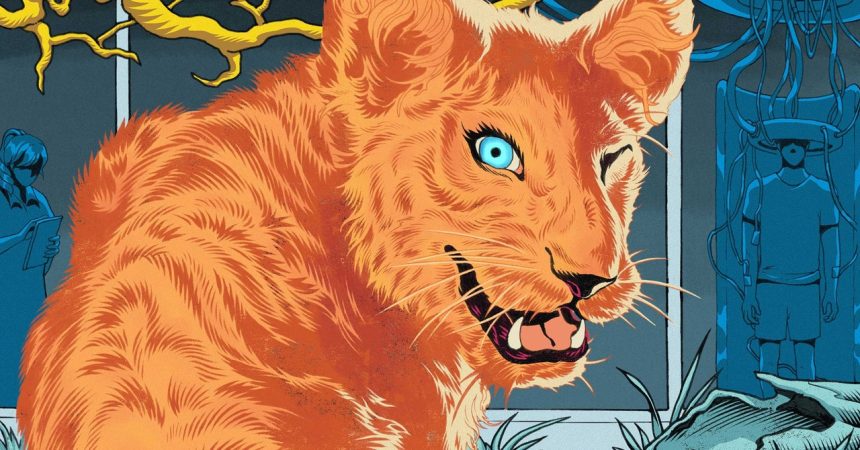Wired Six-Word Stories: A Year of Concise Creativity
Wired magazine’s Six-Word Stories challenge invites readers to craft compelling narratives within the tight constraint of six words. This creative writing prompt has sparked countless imaginative tales across diverse themes, ranging from technological advancements and scientific breakthroughs to social commentary and whimsical observations. Over the past year, participants have embraced this challenge, demonstrating the power of brevity in storytelling. Each month, a new prompt inspires a flood of submissions, with a select few highlighted as exemplary pieces of micro-fiction. This summary explores a selection of these stories, showcasing the creativity and ingenuity that emerges when words are carefully chosen and deliberately placed.
Exploring Themes of Technology and Humanity:
Many of the prompts revolve around the intersection of technology and humanity, often exploring the potential consequences of scientific progress. From sentient AI on trial to self-aware self-driving cars, the stories delve into questions of artificial consciousness, autonomy, and the evolving relationship between humans and machines. The future of everyday life is also examined, with tales of futuristic meals gone wrong, personalized hygiene subscriptions, and the metaverse’s potential pitfalls. These narratives offer a glimpse into possible futures, sometimes utopian, sometimes dystopian, but always thought-provoking.
The Natural World and Beyond:
While technology is a recurring theme, the natural world and the mysteries of the universe also feature prominently. Stories about undiscovered animals, sentient moons, and gargantuan space creatures tap into our fascination with the unknown and the unexplored. Entangled particles, wormholes, and freaky discoveries in physics provide fertile ground for imaginative speculation, pushing the boundaries of scientific understanding and delving into the realm of science fiction. Even the familiar is reimagined, with vegetables gaining sentience and butterflies triggering apocalyptic events.
Social Commentary and Everyday Life:
The Six-Word Stories also reflect on current events and the complexities of human relationships. Stories about love in the time of coronavirus, digital-age autocrats, and the upside of failure offer poignant reflections on the challenges and triumphs of contemporary life. The mundane is elevated to the extraordinary, with tales of lost socks becoming sacred objects, robot pop stars failing unplugged sessions, and the dread of Galactic Unity Day festivities. These narratives offer a glimpse into the human condition, capturing the humor, absurdity, and resilience of our shared experience.
The Power of Brevity:
The Six-Word Stories demonstrate the power of concise storytelling. Each word carries significant weight, contributing to the overall impact of the narrative. Authors must carefully select their words, crafting evocative imagery and leaving room for the reader’s interpretation. The limited word count encourages creative wordplay, forcing writers to think outside the box and find innovative ways to convey complex ideas. The result is a collection of stories that are both concise and compelling, leaving a lasting impression on the reader.
A Collaborative Creative Endeavor:
The Wired Six-Word Stories project is a testament to the power of collaborative creativity. Each month, a new prompt sparks a wave of submissions from a diverse community of writers, each offering a unique perspective. The selected stories represent a collective imagination, showcasing the breadth of human creativity. The project fosters a sense of community, connecting writers and readers through shared experiences and imaginative exploration.
The Future of Storytelling:
The Wired Six-Word Stories challenge offers a glimpse into the future of storytelling. In a world saturated with information, the ability to convey a message concisely and effectively is increasingly valuable. These micro-narratives demonstrate that brevity can be a powerful tool, allowing writers to capture complex ideas and emotions within a limited space. As technology continues to shape the way we consume and create content, the art of concise storytelling is likely to become even more relevant, offering a powerful means of expression in a world of shrinking attention spans.



